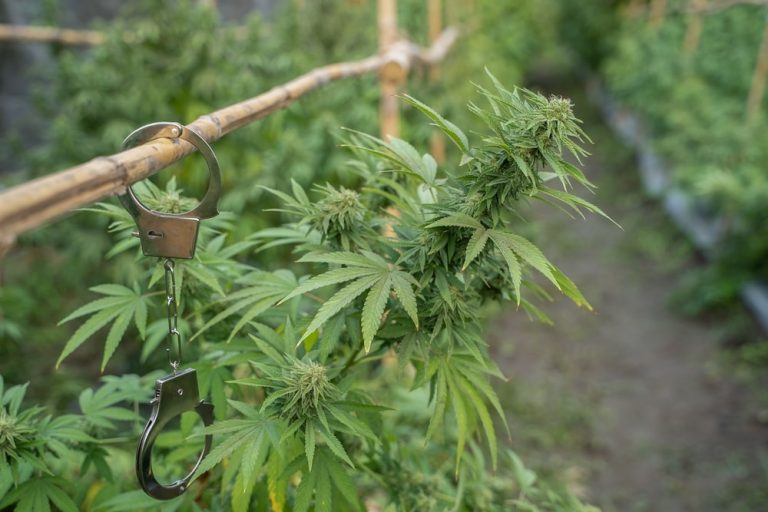As a pair of cannabis legalization bills wind their way through the Minnesota state legislature, advocates are hailing the legislation as a common-sense approach to reforming marijuana policy. But the sheriff of a small rural county is asking lawmakers to consider the impact of legalization on law enforcement and urging caution.
The pieces of legislation, House File 100 and Senate File 73, would allow adults aged 21 and older to purchase up to two ounces of cannabis. Adults would be permitted to possess up to two ounces of cannabis in public and up to five pounds in a private residence. Adults would also be allowed to gift up to two ounces of cannabis to another adult. The bills also permit the home cultivation of marijuana, with adults allowed to grow up to eight cannabis plants, including up to four mature plants.
The bills, which are currently in the process of being considered by numerous legislative committees in both the House and Senate, also establish a framework for the regulation of commercial cannabis production, processing and sales. The legislation tasks a new Office of Cannabis Management with the licensing and regulation of cannabis businesses and contains provisions that permit cities and counties to own and operate government-run dispensaries. In addition to cannabis cultivators, processors and retailers, the bills authorize licenses for home delivery services and temporary permits for on-site consumption of cannabis products at special events.
The legislation also includes social equity provisions including automatic expungement of records of previous marijuana-related offenses. Additionally, social equity applicants for cannabis business licenses would be given bonus points during the application scoring process.
Travis Copenhaver, a partner at the cannabis law firm Vicente LLP, said that the proposed cannabis legalization legislation includes provisions designed to ensure the Minnesota adult-use cannabis market is not dominated by large companies and incorporates the experiences of other states that have legalized cannabis.
“Legalization is always a difficult time with many unanswered questions,” Copenhaver writes in an email to High Times. “Senate File 73/House File 100 would create 12 adult-use license types, each with the goal of preventing monopolization and ensuring opportunities created are for the benefit of Minnesota and its residents.”
“As these bills continue to move forward, Minnesota has the luxury of studying the successes and failures of other states in its region, as well as its own successful medical program,” he added.
County Sheriff Urges Caution in Minnesota
Sheriff Chad Meester of Lincoln County, a rural jurisdiction in the southwestern part of Minnesota with fewer than 6,000 residents, urged lawmakers and state residents to exercise caution in the drive to legalize marijuana. In a social media post cited by the Marshall Independent, Meester implored county residents to consider arguments both for and against legalizing marijuana.
“Basically, what I’m trying to inform the public and my constituents, there needs to be in the legislature some serious, serious consideration of the pros and cons,” Meester said.
“There are some serious concerns,” about legalizing marijuana, Meester said, adding that he is concerned about the potential for an increase in impaired drivers on the state’s roadways. He also acknowledged that deputies would have challenges determining if a driver is impaired by marijuana.
“We would need training, we would need resources to deal with that,” Meester said.
Meester called for “adequate fundraising” for law enforcement agencies to successfully transition to cannabis legalization. The sheriff also said that legislation should include funding to develop a roadside test for impairment, training for drug recognition officers and other public health and safety costs.
“For me, I would like to know how the experts weigh in on it,” wrote Meester.
